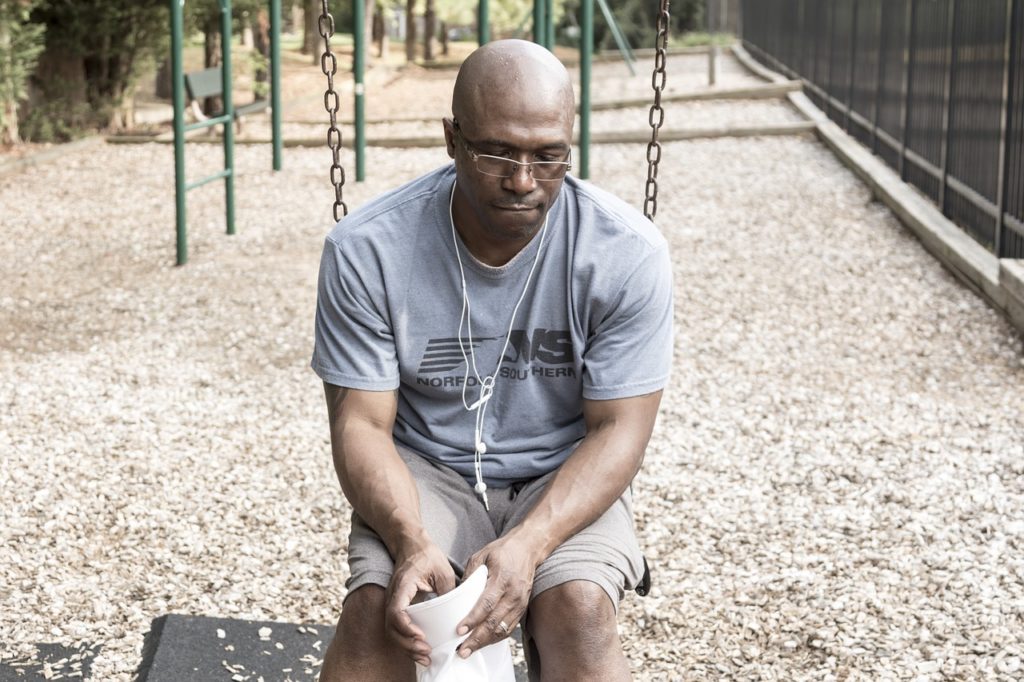
Technology has made mental health care more accessible. Another benefit of advancing technology is that it has become easier for mental health treatment professionals to further understand how to help people struggling with mental health issues [1].
Virtual Mental Health Care
While some people may not feel uncertain utilizing virtual mental health care, there are several options to consider. These are:
- Apps: There are a variety of apps now that are designed to help people improve their mental health. There are actually a few different kinds. Some focus on self-management or skill-building. Self-management apps require the user to put information, and the app can send medication reminders or send suggestions on how to manage stress. Skill-training apps may include games or videos aimed at helping people build certain coping skills [1].
- Supported Care: These apps provide an additional layer of support because they allow the user to contact another human being. This can include peer support or care from a trained mental health professional.
This could be beneficial for people with addictions who may need support quickly if they are feeling distressed or extremely tempted to use substances or engage in other addictive behaviors.
Current Advancements and Considerations
 There is currently research being done to develop an app that can conduct advanced symptom tracking, such as analyzing a user’s vocal tone or breathing patterns in order to analyze their mood [1]. This could be utilized to alter their mental health professional when they may need additional support.
There is currently research being done to develop an app that can conduct advanced symptom tracking, such as analyzing a user’s vocal tone or breathing patterns in order to analyze their mood [1]. This could be utilized to alter their mental health professional when they may need additional support.
This could be especially beneficial for people struggling with mania, depression, or psychosis to get support from virtual mental health care before their symptoms become more severe or life-threatening. This could also help prevent deaths from overdose if these apps can track someone’s physical symptoms and alert medical professionals that they need emergency care.
While these apps will not be able to replace support from a mental health professional, they could alert an individual’s support team, therapist, or doctor that the client may need additional emotional help at the moment before a psychological crisis such as a suicide attempt occurs [1].
Researchers are also looking for ways to use technology to collect data that can be used to improve mental health treatment. This is one major benefit, but not the only one. According to the National Institute of Mental Health, there are other benefits of technological advancements in addiction treatment.
Some of the benefits are that it’s more convenient, can introduce people to mental health care, may be more affordable than other treatment options, and can provide support 24 hours a day [1].
These are significant benefits, especially considering that people struggling with addiction often need consistent support in order to maintain their recovery. Some people may have concerns about privacy and effectiveness.
These are legitimate concerns that researchers and technical engineers are working on in order to optimize this treatment method. Considering that overdoses are one of the main causes of death in America, developing other ways to make care accessible is important [2].
Resources:
[1] National Institute of Mental Health. (2019, September). Technology and the future of mental health treatment. https://www.nimh.nih.gov/health/topics/technology-and-the-future-of-mental-health-treatment/index.shtml
[2] Centers for Disease Control and Prevention. (2020, March 19). Opioid Basics. https://www.cdc.gov/drugoverdose/epidemic/index.html
About the Author:
 Samantha Bothwell, LMFT, is a licensed Marriage and Family Therapist, writer, explorer, and lipstick aficionado. She became a therapist after doing her own healing work so she could become whole after spending many years living with her mind and body disconnected. She has focused her clinical work to support the healing process of survivors of sexual violence and eating disorders. She is passionate about guiding people in their return to their truest Self so they can live their most authentic, peaceful life.
Samantha Bothwell, LMFT, is a licensed Marriage and Family Therapist, writer, explorer, and lipstick aficionado. She became a therapist after doing her own healing work so she could become whole after spending many years living with her mind and body disconnected. She has focused her clinical work to support the healing process of survivors of sexual violence and eating disorders. She is passionate about guiding people in their return to their truest Self so they can live their most authentic, peaceful life.
The opinions and views of our guest contributors are shared to provide a broad perspective of addictions. These are not necessarily the views of Addiction Hope, but an effort to offer a discussion of various issues by different concerned individuals.
We at Addiction Hope understand that addictions result from multiple physical, emotional, environmental, and genetic factors. If you or a loved one are suffering from an addiction, please know that there is hope for you, and seek immediate professional help.
Published on January 14, 2021
Reviewed by Jacquelyn Ekern, MS, LPC on January 14, 2021
Published on AddictionHope.com
